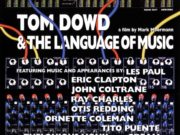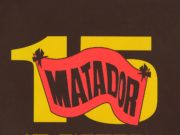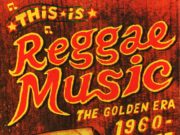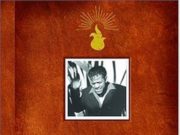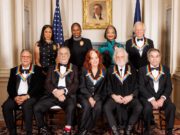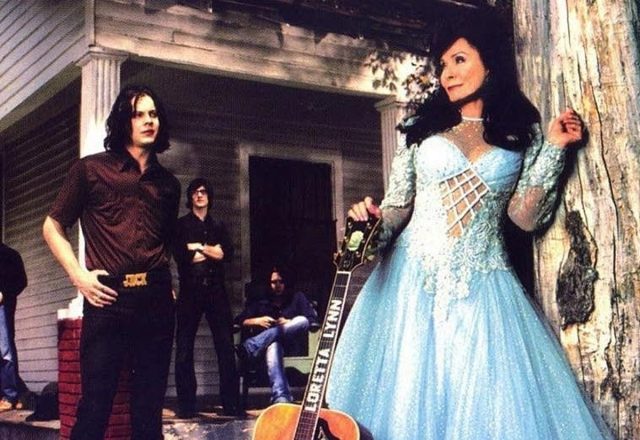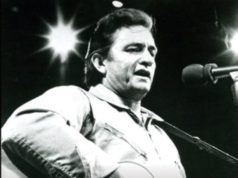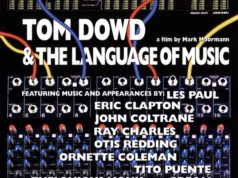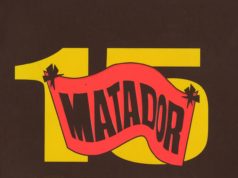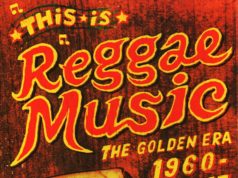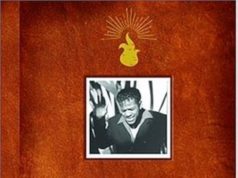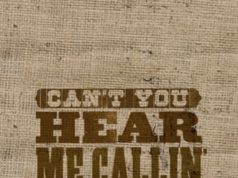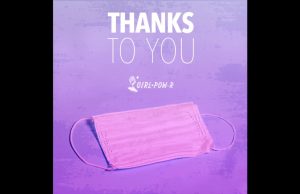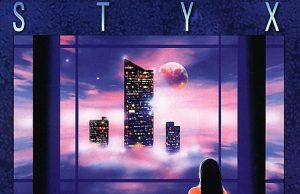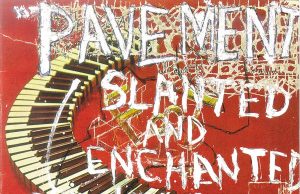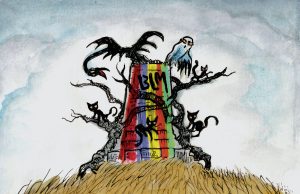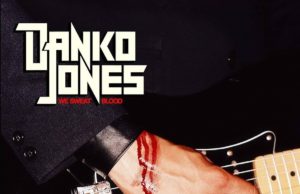 Choosing the right producer for an album is almost as critical as the strength of the songwriting. That said, a good producer should be one with the ability — if required — to have some input on the songwriting, up to and including vetting songs.
Choosing the right producer for an album is almost as critical as the strength of the songwriting. That said, a good producer should be one with the ability — if required — to have some input on the songwriting, up to and including vetting songs.
It’s a hugely important pairing, and one which a few of my friends and I often debate, fantasize and let our imaginations go wild about. We’ll get to that, but let me start by saying I really love artist/producer pairings which result in me buying a record I might have otherwise fairly or unfairly written off.
There are a few princes in this department for me — Jack White of The White Stripes, Dan Auerbach of The Black Keys and Josh Homme of Queens Of The Stone Age. If you haven’t heard Van Lear Rose, the 2004 album White produced for Loretta Lynn, you’re missing one of her best. My favourite. After more than 40 albums, it was the most successful crossover record of her six-decade career. She didn’t make another for 12 years. White, 50 years her junior, produced the album, plays on all the songs, co-wrote one of them and performs a duet on the absolutely incredible Portland, Oregon. This is what happens when a musician like White — a fan of Lynn’s, a fan of music, the music business and a fan of music fans — gets involved with a project which, for them, is so much more than just a job or gig.
Of course, it has something to do with the fact that you’re working with a living legend, and you want people to hear them the way you hear them. A voice or style you know so well that you’ve fully imagined all the applications — perhaps in ways many haven’t.
It reminds me of that scene in The Blues Brothers when the band’s keyboard player is negotiating buying a used Rhodes from Ray Charles, who was doing a cameo as a music store owner. “I mean really, Ray — it’s used, there’s no action left in this keyboard.” Ray smiles, closes the counter window and walks directly to the Rhodes. “Excuse me, uh, I don’t think there’s anything wrong with the action on this piano,” he proclaims before launching into Shake A Tail Feather.
Auerbach showed there was nothing wrong with the action on 72-year-old Dr. John‘s piano when he produced and contributed to 2012’s Locked Down. It won a Grammy for Best Blues Album. It is a solid 5/5. The late Dr. John‘s best record. He made one more (without Auerbach) two years later which proved to be his final album.
In 2015, Homme helped Iggy Pop make his best album in 20 years. Post Pop Depression follows a similar formula to Van Lear Rose and Locked Down — with Homme not just producing, but collaborating and even touring with the 68-year-old Pop. It was his highest-charting album in the U.S. and a top five in the U.K., aided by the fantastic single Gardenia.
I suppose it’s possible that when a producer who is also a star in their own right gets involved, they come with the necessary street cred, combined with genuine affection for the artist, to get their way. They have a vision of how this legendary artist can once again make another legendary album — and pull out all the stops to make it happen.
Sometimes just being a legendary producer is enough. Take those Rick Rubin-produced Johnny Cash albums at the end of his long career. This was a pairing which produced many of Cash’s most enduring and reputation-solidifying songs.
These are all examples of producer/artist pairings which came together with great thought and planning at the end of long careers. But, it can also happen mid-career as well — with little to no thought.
I think one of the best examples is the Todd Rundgren-produced XTC album Skylarking. It stands as the band’s finest record, but one which leader Andy Partridge hated making. He and Rundgren — who really got involved in producing, engineering, singing and playing — disagreed on a great many things. Rundgren was an established producer (Meat Loaf‘s Bat Out Of Hell, The New York Dolls’ first album and countless other classics) and musician (The Nazz, Utopia, solo) and thus the only name XTC recognized on a list of American producers they were given by their record label and forced to choose from. Patridge and Colin Moulding were told their albums sounded too English. Skylarking doesn’t sound American to me, but it does sound like nothing else and is one of my favourite albums of all time.
Hugh Pagham worked with XTC early in his career, but the artists he breathed new life into were all members of Genesis. Peter Gabriel was keen to distinguish himself, having left the prog rock band in 1975. Padgham developed something now known as gated reverb for drums. It first showed up in 1980 on Gabriel’s third self-titled solo album — dubbed the ‘Melt’ LP — on Intruder, on which former bandmate Phil Collins plays drums. The sound went on to help redefine the Genesis sound in 1981 on Abacab, while Collins himself arguably capitalized on it the most on the legendary drum fill midway through his solo single In The Air Tonight.
Admittedly, these epic pairings don’t always work, though. At best, they are curious and entertaining. At worst, they soil what could have otherwise been masterpieces. For example — Phil Spector producing The Beatles, John Lennnon and The Ramones. Or Nick Mason of Pink Floyd producing The Damned. I don’t love the Jeff Lynne / Tom Petty pairing, but that will start a fight. Same with the David Foster-era Chicago, even though it sure made money.
So, with all this in mind, there are all kinds of artists who I’d love to see make a record with White, Homme or Auerbach. I don’t care which one. It could be a lottery, draft, Red Rover — I don’t care — but somebody needs to hook them up with any of these: Rod Stewart, Alice Cooper, Debbie Harry, Steve Miller, Bob Dylan, Willie Nelson, Ian Hunter, Dolly Parton, Taj Mahal, Melanie or Tina Turner. Make it happen.
• • •
Area Resident is an Ottawa-based journalist, recording artist, music collector and re-seller. Hear (and buy) his music on Bandcamp, email him HERE, follow him on Instagram and check him out on Discogs.



